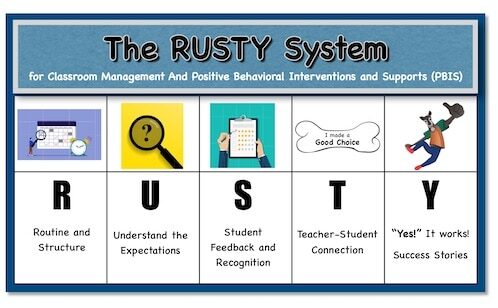Active listening is not a passive exercise; it’s a dynamic skill that can redefine the educational experience. The benefits, ranging from building trust to fostering emotional well-being, showcase its transformative potential. As teachers actively listen, they pave the way for a classroom where both academic and personal growth are nurtured, creating a lasting impact on the lives of their students.
What are the Benefits?
**1. Building Trust and Connection:
Benefits: Active listening cultivates trust and strengthens the teacher-student bond.
Why it matters: Trust is fundamental for effective learning. When students feel heard and valued, they are more likely to engage actively in the learning process.
**2. Enhancing Understanding:
Benefits: Improved understanding of students’ perspectives leads to tailored support and effective teaching.
Why it matters: Teachers can address individual needs more precisely when they truly comprehend the challenges and aspirations of each student.
**3. Fostering Emotional Well-being:
Benefits: Active listening contributes to a positive emotional environment and supports students’ well-being.
Why it matters: Recognizing and validating students’ emotions through active listening creates a safe and empathetic space for expression.
**4. Modeling Effective Communication:
Benefits: Teachers become role models for respectful and empathetic communication.
Why it matters: By embodying active listening, teachers inspire students to cultivate strong interpersonal skills essential for their future success.
A Real-life Situation: What Does it Look Like?
Consider a classroom where a student, Jake, appears disengaged and unmotivated. Instead of jumping to conclusions, Ms. Anderson, the teacher, decides to actively listen. In a one-on-one conversation, she provides her full attention, maintaining eye contact and using encouraging nods.
Ms. Anderson learns that Jake is facing difficulties at home, affecting his focus on school. Through active listening, she not only understands his challenges but also identifies an opportunity to offer additional support. By genuinely acknowledging Jake’s feelings and concerns, Ms. Anderson transforms a potential academic struggle into a collaborative effort towards success.



